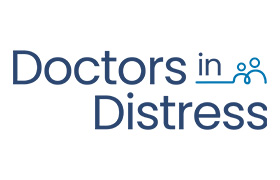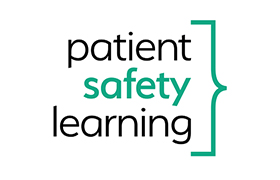Follow the conference on twitter #LFDNHS
This National Conference focuses on improving the investigation and learning from deaths in NHS Trusts. By collecting the data and taking action in response to failings in care, trusts will be able to give an open and honest account of the circumstances leading to a death. There will be an extended focus on engaging and involving patients, families and staff following a death, and on learning from deaths including an update from a coroner.
By 2024, all deaths in the community or acute settings that do not required to be referred to the coroner (non-coronial deaths) will need to be scrutinised by a medical examiner.
The conference will discuss the role of Medical Examiners in learning from deaths which is now being extended to all non-coronial deaths wherever they occur. The conference will also include a split stream where delegates can chose to focus on investigating and learning from either deaths in acute care, or deaths in primary and community care.
The conference will also update delegates on the New National Patient Safety Incident Response Framework which was published on 16th August 2022 and the implications for serious incident investigation and learning from deaths.
"The majority of in-hospital deaths are now scrutinised and the process is rolling out to include all community deaths. It is expected that the process will become statutory by 2024 when every death within England and Wales will be reviewed either by the Medical Examiner or HM Coroner."
Care Quality Commission (CQC) inspections have shown good progress is being made by some NHS hospital trusts to implement national guidance on learning from deaths. However, failure to fully embrace an open, learning culture may be holding organisations back from making the required changes at the pace needed… the amount of progress made to date varies between trusts and CQC analysis suggests that some organisations have found it harder than others to make the changes needed.
Attendance at this conference will support you to:
- Network with colleagues who are working to improve practice in the investigation and learning from deaths
- Improve practice in learning from deaths
- Reflect on the involvement of families through a lived experience of a carer
- Learn from working examples of mortality governance and develop the role of mortality audits, internal inspection and mortality reviews to answer the question “did a problem in care contribute to the death?
- Implement the new Patient Safety Incident Response Framework and improve learning from serious incidents
- Understand national developments and national reporting requirements
- Learn from best practice in the investigation of deaths
- Identification and reporting of deaths and the role of the Medical Examiner – including extending this role to all non-coronial deaths
- Improving your processes and skills in mortality review and mortality governance
- Reflect on the Coroner perspective and role
- Understand the decision to investigate, and the appropriate level of investigation
- Explore how a human factors can support learning from deaths
- Effectively support staff when a death occurs including supporting staff through coroner inquests and serious incident investigations
- Self assess your learning from deaths process and ensure investigations lead to change
- Supports CPD professional development and acts as revalidation evidence. This course provides 5 Hrs training for CPD subject to peer group approval for revalidation purposes





